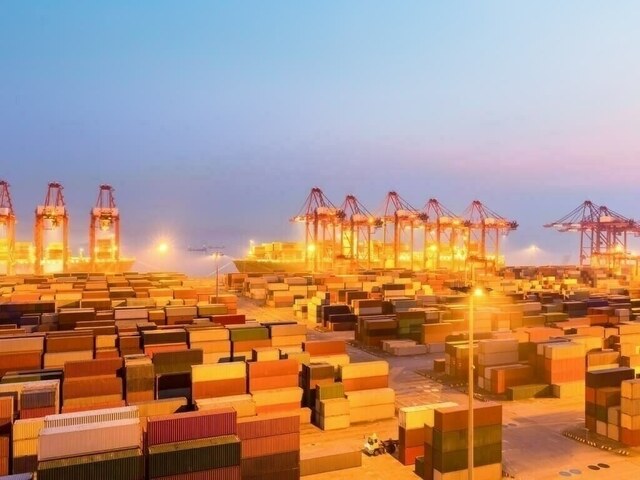Copyright brecorder

ISLAMABAD: The Tariff Policy Board (TPB) — an inter-ministerial body headed by the Minister for Commerce — is set to rationalise customs tariffs on non-cotton materials (yarns and fabrics) to facilitate Pakistan’s transition toward man-made fibre (MMF)-based apparel, including women’s and children’s wear, sportswear, performance wear, and other high-value finished products. In its recommendations on value addition in cotton and product diversification to reduce reliance on raw material imports, the Ministry of Commerce has emphasised attracting both foreign and local investment for the domestic production of synthetic and artificial materials such as polyamide, polyolefin, polyethylene, and polyurethane. Pakistan’s cotton value chain remains a cornerstone of the national economy due to its central role in textile and apparel exports. Non-export levies: Textile industry seeks DLTL-style rebate system As the world’s sixth-largest cotton producer, Pakistan cultivates the crop on roughly two million hectares annually, primarily in Punjab and Sindh. However, declining cotton production and yield — once the sector’s main competitive advantage — have increased production costs for the textile and apparel industry. To address this, the Ministry of National Food Security and Research is finalising the National Cotton Plan 2025, aimed at enhancing yield, improving quality, and reducing production costs. The plan includes measures such as adopting advanced seed varieties and implementing good agricultural practices to boost cotton output and achieve import substitution. Commerce Ministry further contended that over time, Pakistan’s textile and apparel sector has built on its strengths, achieving a higher value-added product mix, greater export volumes, and increased labour absorption. Over the past decade, exports of value-added textile products have grown steadily, outpacing lower-end exports such as fibre, yarn, and fabric. Data indicates that 80 percent of Pakistan’s textile exports now comprise apparel, home textiles, and carpets. The Ministry of Commerce is also formulating a Textiles and Apparel Policy (2025–30) aimed at maximising the use of local raw materials and intermediates, enhancing exports of value-added products, and diversifying into new markets. The draft policy outlines strategic objectives, identifies priority sub-sectors and potential markets, and proposes actionable interventions to achieve an export target of USD30 billion by 2030, as approved by the National Export Development Board (NEDB). One of the sector’s major challenges remains the limited scale of labour-intensive downstream industries compared to regional competitors. This has restricted Pakistan’s share in the global market. The new policy seeks to attract fresh investment to scale up capacity and expand into high-value product segments. Despite a continuous increase in value-added exports, Pakistan’s textile and apparel industry remains heavily dependent on cotton-based products — even though the global fibre mix has shifted decisively toward non-cotton materials. Currently, man-made fibres account for 74 percent of global fibre use, including 57 percent polyester, 6.7 percent polyamide, 6.1 percent other synthetic fibres, and 6.3 percent viscose. Under the recently approved National Tariff Policy 2025, the TPB will rationalise tariffs on non-cotton yarns and fabrics to support the industry’s transition to MMF-based apparel and attract investment in the local production of synthetic materials. The global market for technical textiles — driven by next-generation advanced and functional materials — is expanding rapidly and is projected to surpass USD300 billion by 2030. This sector is one of the fastest-growing worldwide, with diverse applications in protection, agriculture, construction, sports, medical, packaging, automotive, industrial, household, and functional wear segments. To capitalize on this growth, the Ministry of Commerce recently established the National Technical Textile Council, tasked with developing a roadmap to transition Pakistan’s textile industry from traditional products to advanced, high-value technical textiles. In addition, the establishment of Sectoral Councils has enhanced public–private dialogue, aligned policies with industry needs, and supported implementation. These councils provide a vital platform for consultation on key trade barriers and strategic development within the textile sector. Copyright Business Recorder, 2025



